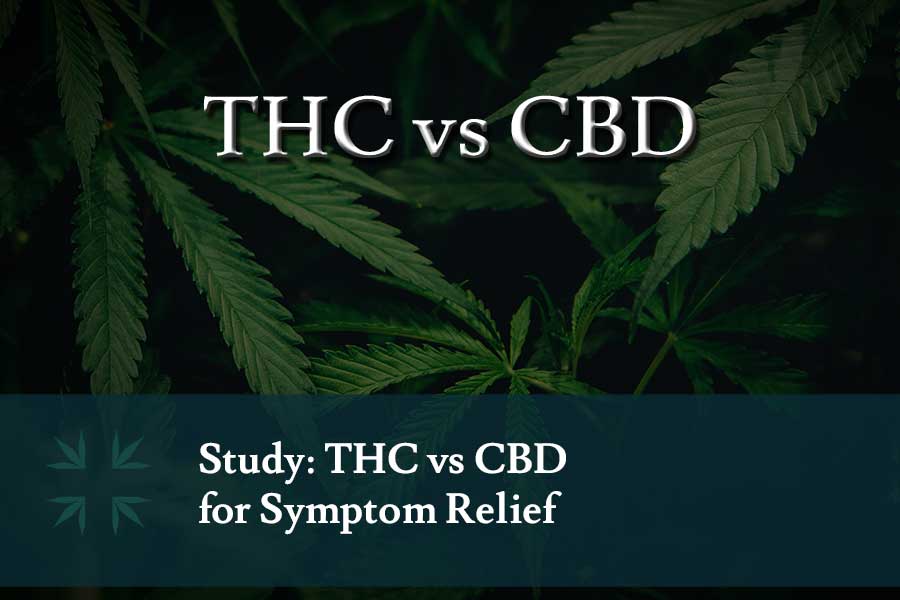CBD (cannabidiol) may not be as effective as marijuana’s main psychoactive ingredient, THC (tetrahydrocannabinol), in delivering therapeutic benefits to patients, according to a new study.
In recent years, the wellness community has embraced CBD – which does not get users high – for its alleged health benefits. But having analyzed the data of more than 3,000 participants, the study’s authors found that higher THC levels were strongly linked with reported symptom relief, while levels of CBD had no such correlation.
“Despite the conventional wisdom… that only CBD has medical benefits while THC merely makes one high, our results suggest that THC may be more important than CBD in generating therapeutic benefits,” study co-author Jacob Miguel Vigil, associate professor in the Department of Psychology at the University of New Mexico (UNM), said in a statement.
The researchers, who published their findings in February in the journal Scientific Reports, acknowledged some limitations to their work, such as the lack of a control group that didn’t use marijuana and that the data was self-reported. This in turn may have increased the likelihood of the placebo effect whereby participants exhibit a bias towards those products they believe will work better, such as THC which is generally more expensive.
Given the researchers’ use of a cannabis tracking app, the study is one of the first to analyze which marijuana compounds are linked with reported benefits in real time. As more and more states legalize medical cannabis, the researchers encourage more studies to better understand the efficacy, necessary dosages, and safety of medical cannabis products.
For this study, participants exhibited a variety of symptoms including anxiety, back pain, depression, fatigue, insomnia, and stress. Before using one of the marijuana products, and again within the next 90 minutes, participants reported the intensity of their symptoms on a scale from 0 (none) to 10 (severe).
After marijuana use, participants reported an average 3.5 point decrease in symptom intensity on the 11-point scale. But THC levels were most strongly associated with symptom relief, while CBD levels were generally not tied to reported symptom relief.
Another potential source of error noted by the researchers is the unreliability of reported CBD content on marijuana product labels. One study found that CBD content is often inflated on product labels. This could mean that the lack of an apparent effect could be due to the CBD concentration being too low. Another theory is that CBD has more latent, hard-to-notice effects, and that the 90-minute time-frame used in the study wasn’t sufficient to allow this to be registered.
Dr. Donald Abrams, an oncologist at the University of California San Francisco’s Osher Center for Integrative Medicine, was not involved in the study but noted that other than studies assessing the effects of CBD on epileptic children, there’s limited evidence on its benefits.
“Everybody’s espousing CBD for wellness,” Abrams said. “I just think it’s gotten a little bit out of proportion to the evidence.”
He added that while “this sort of research doesn’t provide the strongest evidence… it gives us avenues to pursue further, in perhaps randomized clinical trials,” which would help to reduce certain sources of bias.

Leave A Comment